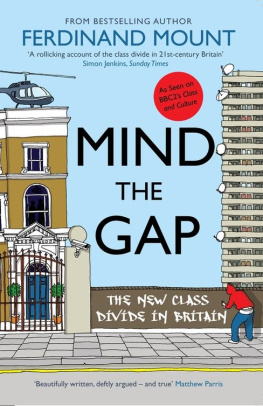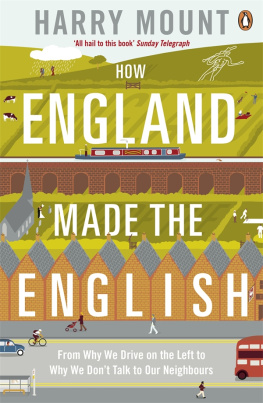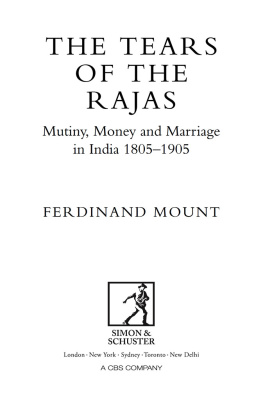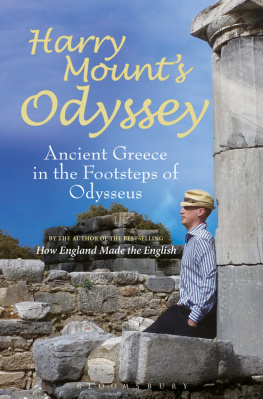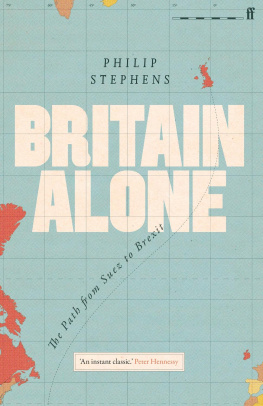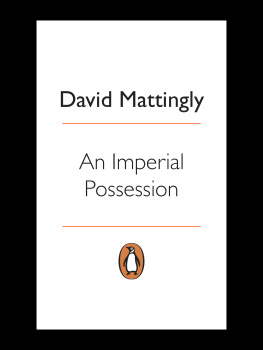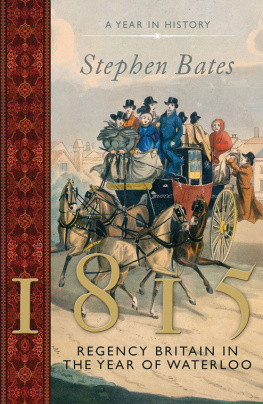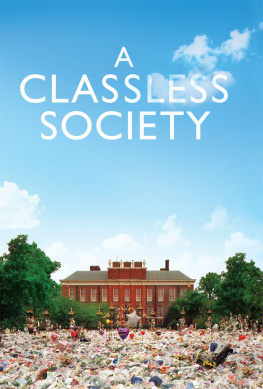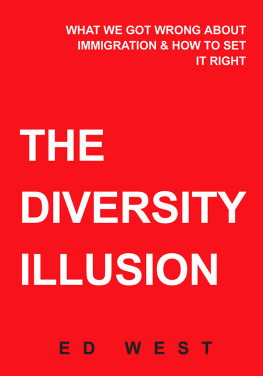Mount - Mind the Gap: Class in Britain Now
Here you can read online Mount - Mind the Gap: Class in Britain Now full text of the book (entire story) in english for free. Download pdf and epub, get meaning, cover and reviews about this ebook. year: 2012, publisher: Short Books, genre: Politics. Description of the work, (preface) as well as reviews are available. Best literature library LitArk.com created for fans of good reading and offers a wide selection of genres:
Romance novel
Science fiction
Adventure
Detective
Science
History
Home and family
Prose
Art
Politics
Computer
Non-fiction
Religion
Business
Children
Humor
Choose a favorite category and find really read worthwhile books. Enjoy immersion in the world of imagination, feel the emotions of the characters or learn something new for yourself, make an fascinating discovery.
Mind the Gap: Class in Britain Now: summary, description and annotation
We offer to read an annotation, description, summary or preface (depends on what the author of the book "Mind the Gap: Class in Britain Now" wrote himself). If you haven't found the necessary information about the book — write in the comments, we will try to find it.
Through acute observation and vivid illustration - drawing on every aspect of life from soap operas, speech patterns and gardening to education and the distribution of wealth - he demolishes the illusion that we live in a classless society and shows how the worst-off in Britain today are more culturally deprived than their parents or grandparents. The authors solutions, like his explanations of what has gone wrong, are original, surprising and unsparing to intellectuals and politicians of all parties.
Mount: author's other books
Who wrote Mind the Gap: Class in Britain Now? Find out the surname, the name of the author of the book and a list of all author's works by series.
Mind the Gap: Class in Britain Now — read online for free the complete book (whole text) full work
Below is the text of the book, divided by pages. System saving the place of the last page read, allows you to conveniently read the book "Mind the Gap: Class in Britain Now" online for free, without having to search again every time where you left off. Put a bookmark, and you can go to the page where you finished reading at any time.
Font size:
Interval:
Bookmark:
Its the same the whole world over,
Its the poor wot gets the blame,
Its the rich wot gets the gravy.
Aint it all a bleeding shame?
Song of the First World War
The oligarchic character of the modern English commonwealth does not rest, like many oligarchies, on the cruelty of the rich to the poor. It does not even rest on the kindness of the rich to the poor. It rests on the perennial and unfailing kindness of the poor to the rich.
G.K. Chesterton, Heretics, chapter 15
Class doesnt count in Britain any more. I must have read the words, or words very like them, dozens of times before. Sometimes it is only a phrase or a subordinate clause that slips off the tongue, such as in todays classless society, or now that class barriers are disappearing. Fifty years ago, after winning the 1959 election, Harold Macmillan trumpeted that the class war is over. In 1990, John Major declared it his ambition to turn Britain into a classless society, suggesting thereby that with one more heave this great goal might be achieved. If we were not actually there yet, we soon would be. Inexorable social forces had been set in motion years ago. We couldnt have stopped the process even if we had wanted to.
On lecture tours overseas I myself have spouted something of the sort to audiences of innocent Germans and amiable Americans. Class divisions are fading in Britain, I told them, and they didnt utter a peep of protest, any more than most of us do when we read such assertions in the newspapers. In fact, it was only when one of these lectures was going to be reprinted and I was correcting the proofs that I came across the sentence again, and something made me stop.
It wasnt a conscious, rational hesitation, more an instructive twitch, the kind of apprehension you have when you open your front door and sense that something inside the house is wrong, though you cannot exactly pin it down. If pressed, I could still muster all the usual arguments supporting the claim of Britains growing classlessness: these days everyone wears blue jeans, we are all on first-name terms, anyone can get to university or become Prime Minister. It was just as easy to think of the counter-arguments: how the gap between the fat cats and the low-paid is actually widening, how the rich still live longer than the poor.
But it wasnt that the balance between the pros and the cons had changed. It was more that to make the claim at all suddenly seemed glib. It tripped too quickly off the tongue, as though we wanted the claim to be true so badly that we were prepared to cut any corners, as though behind it there lay some sort of abiding embarrassment, possibly even a secret that we didnt want to confront.
My hesitation was not in any case prompted by the obvious, continuing and perhaps deepening economic inequalities in Britain. It was to do with something else, with what for want of a better word we call culture and with the sense that the worst-off in this country live impoverished lives, more so than the worst-off on the Continent or in the United States. They seem to me impoverished not simply in relation to the better-off in Britain today but in relation to their own parents and grandparents. And the upper classes are uncomfortably aware of it, which is why they show so little respect and affection for the lower classes.
If that is true, then this becomes the most interesting and pressing social question around. And if it is true also that the gap between the upper and the lower classes has not been narrowing, as we fondly supposed, but steadily and remorselessly widening, then we have been not so much labouring as lounging under a gigantic delusion.
I am well aware that this is not what most of us believe. It is not what we want to believe. It is counter-intuitive and contrary to everything that we have been told. Besides, to reopen the whole question of class in Britain is to blunder into a minefield. Most of us find the subject painful and embarrassing. The words we have to choose from can sound patronising, crass or unkind lower-class, lower- middle-class , working-class, let alone bourgeois or petit-bourgeois. Even middle-class is these days often used as a venomous synonym for smug, unadventurous or selfish.
And even if it is worth investigating, as an urgent matter of justice and equity, what has happened to the class system in general and the working classes in particular, the present author may not look like the ideal candidate to undertake the task. I was educated at expensive independent schools, I live in a very nice house in a conservation area, I have a languid upper-class voice and a semi-dormant baronetcy. I have always had interesting and usually well paid work and taken holidays abroad in sophisticated spots (Who knows? Some of these things may be true of some of my readers too).
Worse than all of this is the fact that in the past I have worked for a Conservative government, and not just any government but the administration led by Margaret Thatcher, which its passionate opponents still believe did more to deepen class divisions than any other government since the war.
How can someone like me pretend to know what life was and is like for the worst-off of my fellow countrymen? My answer is that it is People Like Us who are largely responsible for the present state of the lower classes in Britain. It is our misunderstandings, meddlings and manipulations which have transformed a British working class that was the envy and amazement of foreign observers in the nineteenth century into a so-called underclass which is often the subject of baffled despair today both at home and abroad. My argument in this book is that we did the damage, or most of it. It is the least we can do to try to understand what we have done and help to undo it where we can.
In any case, this essay does not make any rash claims to inside knowledge of how the worst-off in Britain live, let alone of how they think. The book is based primarily on what the ruling class has said, and written, about the lower classes, on how it has treated their institutions and their aspirations , and on the facts of common observation. At the end, it is true, I do throw out a few suggestions of my own, which the reader is free to amend or discard. But the real meat of the whole business is to be found in the indictment drawn up in the books middle chapters.
The tendencies in British culture and society that I criticise in this essay are not the unaided work of any single ideology or political party. Almost all postwar British Prime Ministers Macmillan and Heath and Thatcher no less than Attlee and Blair and Brown have sought to break down class barriers in one way or another. Sometimes they were at least half-right , sometimes they did lasting damage. My purpose here is not to keep a score sheet (though I am sure that the party-minded will not hesitate to do so). In fact the one thing I am certain of is that it is only by freeing ourselves of party- political mindsets that we can hope to identify exactly what has gone wrong and begin to formulate some suggestions as to how the damage might be repaired.
All I want to say at this point is that it would be false comfort to imagine that we are anywhere near out of the wood yet. What is striking is how many of Labours more thoughtful ministers Alan Milburn, Stephen Byers, Peter Mandelson, Estelle Morris to name but a few have confessed, usually on leaving office, that, after years of Labour government, class divisions in this country not only persist but actually appear in some important ways to be deepening.
The second potential objection which I do take account of now and again is that I do not give sufficient value to the huge improvements in material conditions over the past century and a half: the improved expectation of life, the medical advances now available to everyone, the educational opportunities, the cars, the videos, the holidays in the sun. Surely these are a blessing, and a blessing in particular to the poorest. And along with them go the new freedoms: the gradual disappearance of unkindness to the wretched and the deviant, the uninhibited freedom of expression, the acceptance of minority races, the erosion of the social barriers preventing women from leading a fuller life. Surely the freedoms, opportunities and material comfort and security open to the worst-off in this country are immeasurably superior to those enjoyed by people in previous generations who found themselves at the bottom of the heap. We are the beneficiaries of a century and a half of social reform, are we not? How can it be that class division should survive into the 21st century as anything worse than a slightly absurd remnant of the bad old days?
Font size:
Interval:
Bookmark:
Similar books «Mind the Gap: Class in Britain Now»
Look at similar books to Mind the Gap: Class in Britain Now. We have selected literature similar in name and meaning in the hope of providing readers with more options to find new, interesting, not yet read works.
Discussion, reviews of the book Mind the Gap: Class in Britain Now and just readers' own opinions. Leave your comments, write what you think about the work, its meaning or the main characters. Specify what exactly you liked and what you didn't like, and why you think so.

